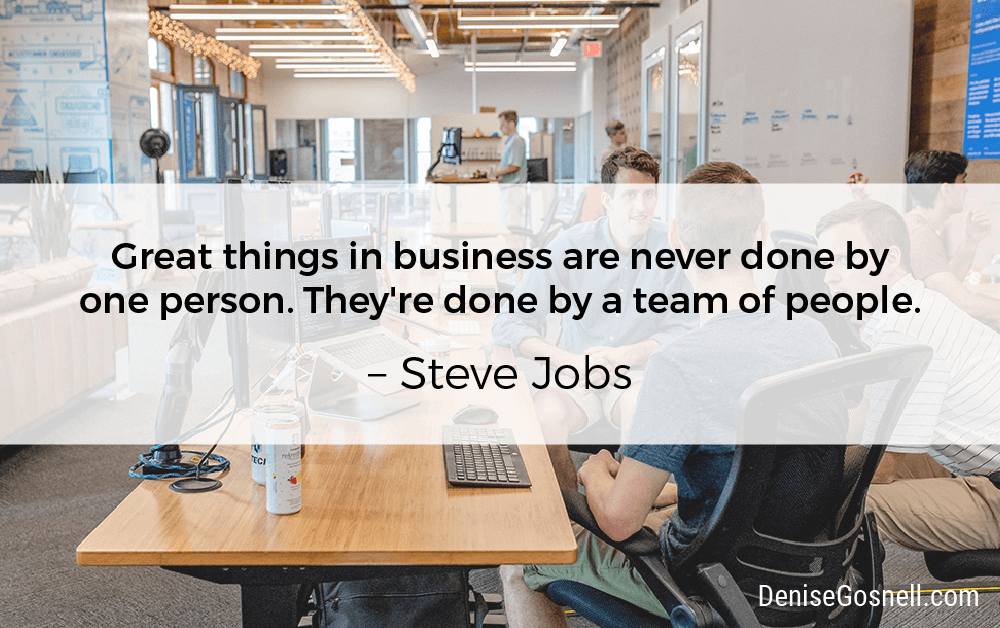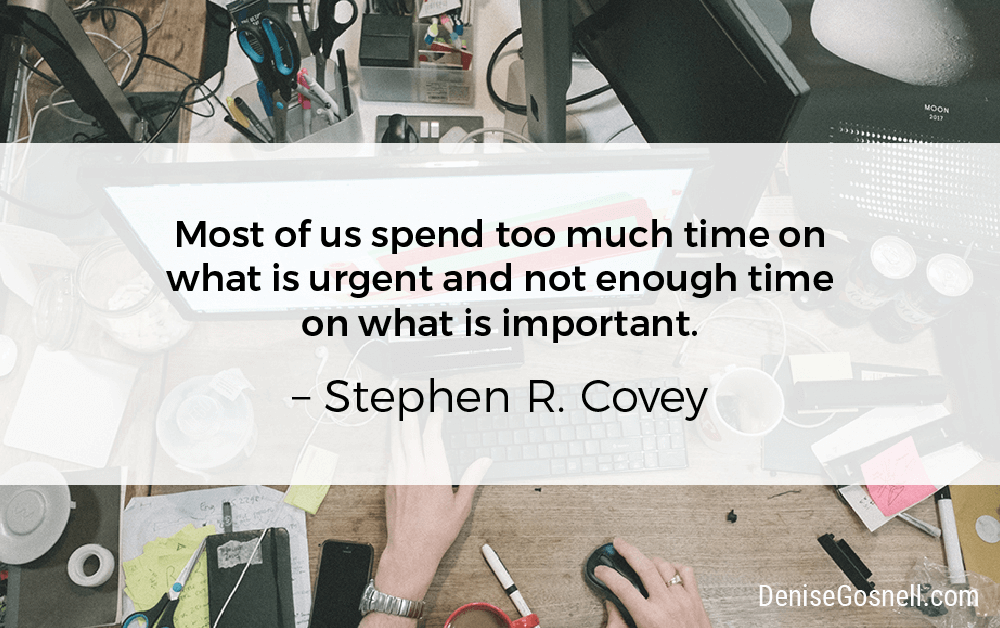As corporations like Apple, Facebook and Google have risen to stratospheric levels, there has been a tendency to glorify the leaders at the top. The worship of business leaders and entrepreneurs has reached a fever pitch in recent years, invading pop culture with shows like Shark Tank and taking up countless hours of airtime on networks like CNBC and Fox Business.
What gets decidedly less attention is the high personal toll many entrepreneurs and business leaders pay on their way to the top. These men and women may have reached the pinnacle of achievement in their fields, but their personal lives are often considerably less successful.

Put simply, there is a hidden dark side to the entrepreneurial mindset, and the same drive, devotion and single-minded obsession that make the world’s greatest leaders so successful can also cause their relationships to suffer. To their husbands, wives, sons, daughters and other loved ones, these successful entrepreneurs are often perceived quite differently.
There is no doubt that the entrepreneurial mindset is different, or that those differences are at least partly responsible for the success of these unique individuals. Successful entrepreneurs see the world in a different way, they view risk differently than others, and they are blessed, or cursed, with an obsessive need to succeed and be the best.
While that obsession with success and that striving for perfectionism is good for the businesses they build, these tendencies are less useful when it comes to interpersonal relationships. Indeed, many entrepreneurs secretly struggle with failing marriages, distant relationships with their children and a host of other personal difficulties.
The visionary Elon Musk once said that being an entrepreneur was like staring into the abyss and chewing glass, hardly a ringing endorsement of this rarefied lifestyle. The honesty Musk expressed about his chosen role in life is illuminating, but it is also quite rare. Instead of facing their demons head on, many entrepreneurs and business leaders suffer in silence, fearful that an admission of weakness would undermine their authority and hurt their businesses.
From the outside, life as an entrepreneur can seem quite glamorous, and the media just reinforces this impression. As a result, the lens gets skewed, making it even harder for business leaders and entrepreneurs to seek the help they need.
In some ways, it is hard to feel sorry for these people who seemingly have it all. From the outside looking in, their lives look perfect, with millions or even billions of dollars in the bank, adoring fans who line up to buy their products and all the luxuries money can buy. From the inside, life is often considerably darker, and there have been a number of high-profile suicides among seemingly successful leaders and business owners.
While there is still a stigma about seeking help and a reluctance to talk about the difficulties of life as an entrepreneur, things seem to be changing. The rise in suicidal behaviors and the increase in risk-taking behavior among their peers has caused many entrepreneurs to examine their lives more closely. The fact that their peers have been willing to seek help has led many business leaders to follow their brave examples.
Until now, discussions of business leaders and entrepreneurs have focused mainly on success and glamour, from celebrity CEOs buying basketball teams to billionaire business owners dating A-list actresses and fashion models. That worship of celebrity and focus on success is an ingrained part of our culture, but an honest look at the promise and perils of entrepreneurship requires a more nuanced approach.

While the rewards of entrepreneurship and business leadership are great, there is also a dark side to this unique mindset. The drive and dedication that business leaders frequently use to create life-changing products and build great brands can also wreak havoc with spouses, children and other loved ones. Successful entrepreneurs generally eat, sleep and live their businesses, and that can leave little time for friends and family.
But the good news is that it doesn’t have to be this way. If I can transform myself from being a workaholic entrepreneur to someone who now runs my 3 companies in an average of just 3 days per week, you can too. I learned that you can actually grow by subtraction – by removing from your todo list – not adding to it. You can grow by working smarter, versus harder. It will take some adjusting and ditching of bad habits. But the freedom that awaits you on the other side is totally worth it.
Do you have the guts to join me and break the mold of what we’ve been brainwashed into believing is the path to success? If so, make sure you check out all the great free resources on this site (including my free report, podcast, and more) on how you can claim the freedom you’ve always dreamed of without sacrificing business growth.














